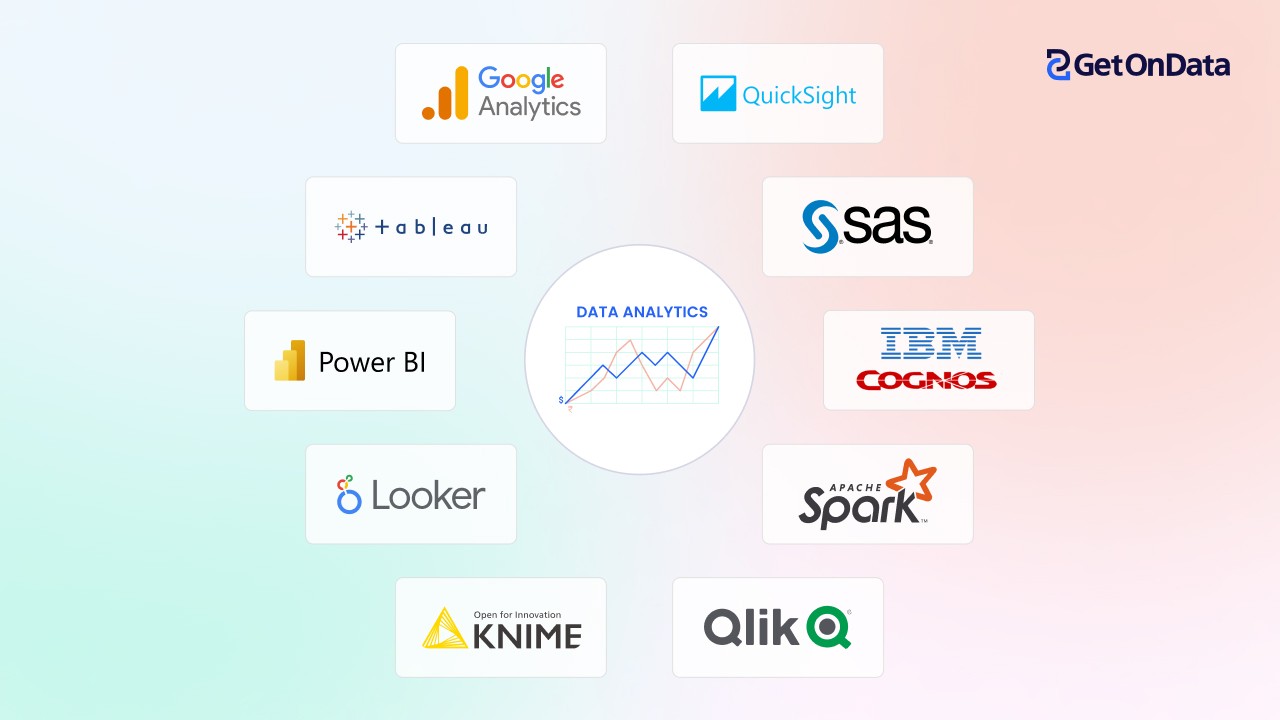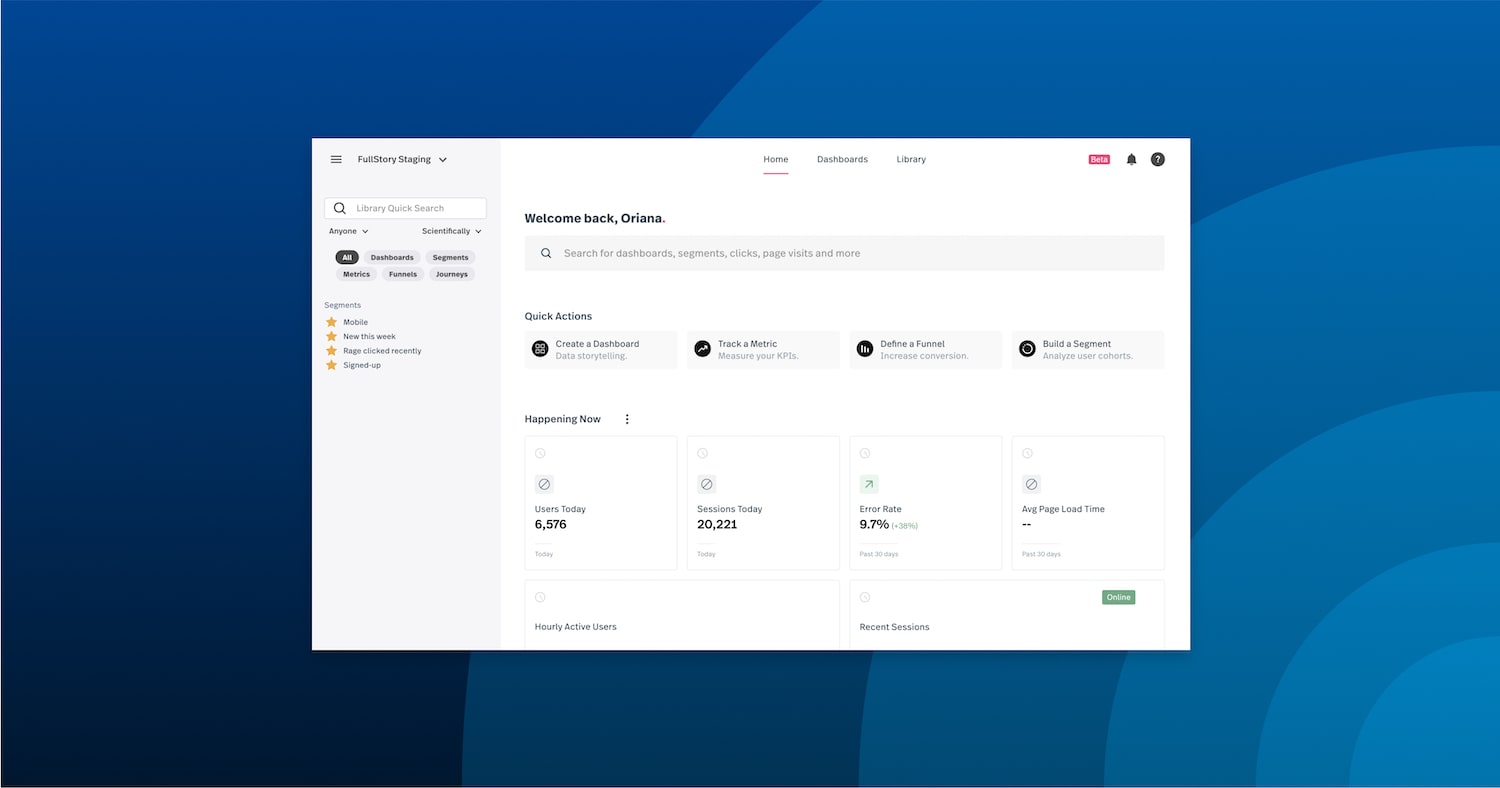Achieve Company Goals Faster With Tailored Analytics Solutions
Make The Most Of Growth: How Analytics Drive Better Approaches
By using data insights, organizations can improve their functional approaches, anticipate market modifications, and boost consumer engagement. The difficulty lies not just in accumulating information yet in effectively translating it to drive concrete results.
Recognizing Information Analytics
Information analytics is an organized computational analysis of data that allows organizations to discover significant patterns and insights. This process includes a range of methods, including statistical analysis, predictive modeling, and information mining, which jointly intend to change raw data right into workable info - Analytics. By utilizing these methods, organizations can make educated decisions that are rooted in empirical evidence instead of instinct alone
The structure of data analytics hinges on its ability to handle vast quantities of details from varied sources. This includes organized information, such as databases, and unstructured information, consisting of social networks interactions and customer responses. Via the usage of specialized software application and tools, experts can remove and process this data successfully, determining trends and correlations that might not be promptly evident.
Recognizing information analytics additionally entails acknowledging the importance of data high quality and stability. Accurate and reputable data is critical for purposeful evaluation; hence, companies must implement robust data governance techniques. Additionally, the repetitive nature of analytics permits continual refinement and renovation of approaches, guaranteeing that companies stay nimble despite changing market dynamics and consumer actions.
Key Advantages of Analytics

One of the key benefits of analytics is its ability to supply workable insights. Organizations can promptly assess huge quantities of data, discovering patterns that might not be right away noticeable. This helps in expecting market changes and adjusting techniques appropriately. Additionally, analytics promotes a culture of evidence-based decision-making, minimizing dependence on instinct and guesswork.
One more significant advantage is boosted client understanding. Analytics tools allow businesses to section their audience, track customer habits, and individualize advertising and marketing efforts. This targeted strategy not just improves client involvement yet also drives higher conversion rates.

Implementing Analytics Strategies
To fully recognize the benefits of analytics, organizations must adopt organized techniques for execution. This starts with plainly specifying objectives that line up with broader company objectives. By developing particular, measurable end results, organizations can focus their analytics efforts on locations that produce the highest possible return on financial investment.
Next, organizations need to focus on information administration to make sure the honesty and safety and security of the data being assessed. This involves establishing up methods for data collection, storage space, and access while adhering to pertinent laws. Ensuring top notch information is essential for producing significant insights.
Moreover, promoting a society of data-driven decision-making is important. This requires training workers to analyze analytics searchings for and motivating cooperation throughout divisions. They are more likely to integrate insights into their day-to-day a fantastic read procedures. when groups comprehend the worth of analytics.
Finally, organizations ought to on a regular basis examine and fine-tune their analytics techniques. The landscape of data and modern technology is consistently advancing, and remaining adaptable will permit companies to leverage new devices and methods successfully. By carrying out these structured approaches, companies can make best use of the effect of their analytics initiatives and drive lasting development.
Tools for Reliable Analysis
Effective evaluation counts on a selection of devices that help with the removal of insights from information - Analytics. These tools can vary from basic spreadsheet applications to innovative device finding out systems, each serving a special purpose in the logical process
Information visualization software application, such as Tableau and Power BI, plays an essential duty in transforming intricate datasets into reasonable visual representations. These tools make it possible for analysts to identify patterns and fads rapidly, enabling for even more informed decision-making.
Analytical evaluation software, like R and SAS, supplies advanced abilities for carrying out comprehensive analyses, including regression, hypothesis testing, and anticipating modeling - Analytics. use this link These attributes empower organizations to draw significant final thoughts from their information, recognizing potential opportunities and risks
Moreover, data source monitoring systems such as SQL and NoSQL data sources give the essential framework for keeping and inquiring huge quantities of information successfully. They make certain that information is arranged and obtainable for evaluation.
Last but not least, business knowledge systems incorporate numerous information resources, supplying a detailed sight of organizational performance. By utilizing these tools effectively, businesses can enhance their logical capacities, allowing them to establish methods that make the most of growth and boost total performance.
Case Studies of Success
Effective organizations typically take advantage of data analytics to drive impactful techniques, as evidenced by a number of notable instance studies. By using these insights, Netflix has efficiently tailored its material recommendations, resulting in boosted user interaction and client retention.

In addition, Starbucks uses data analytics to determine optimal store places and fine-tune its item offerings. By taking a look at consumer demographics and acquiring patterns, Starbucks efficiently recognizes high-potential markets and customizes its food selection to local preferences, driving sales and customer commitment.
These study illustrate that effective utilization of data analytics can lead to tactical advantages, fostering innovation and this website growth within organizations throughout numerous sectors.
Verdict
To conclude, the assimilation of analytics right into organizational techniques considerably enhances decision-making processes and fosters lasting development. By leveraging data-driven insights, companies can identify fads, prepare for market changes, and enhance operations. The effective implementation of analytics tools even more supports agility and innovation, enabling companies to navigate affordable landscapes with greater precision. Ultimately, a commitment to analytics not just drives instant performance renovations however also safeguards long-lasting success in an ever-evolving marketplace.
Data analytics is an organized computational analysis of information that enables companies to uncover purposeful patterns and insights.Comprehending information analytics likewise involves identifying the importance of information top quality and stability. Exact and trustworthy data is important for purposeful analysis; therefore, companies should carry out durable data governance techniques.Following, organizations ought to focus on information governance to guarantee the stability and security of the data being examined.Effective companies often take advantage of information analytics to drive impactful approaches, as evidenced by several significant instance researches.